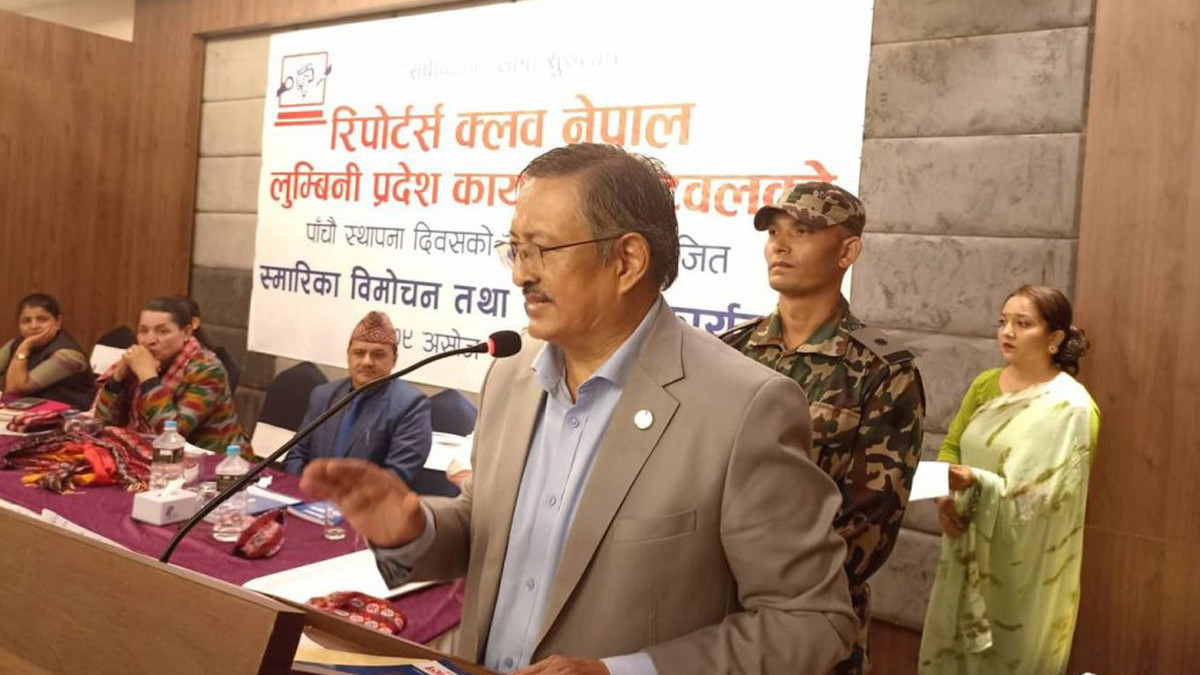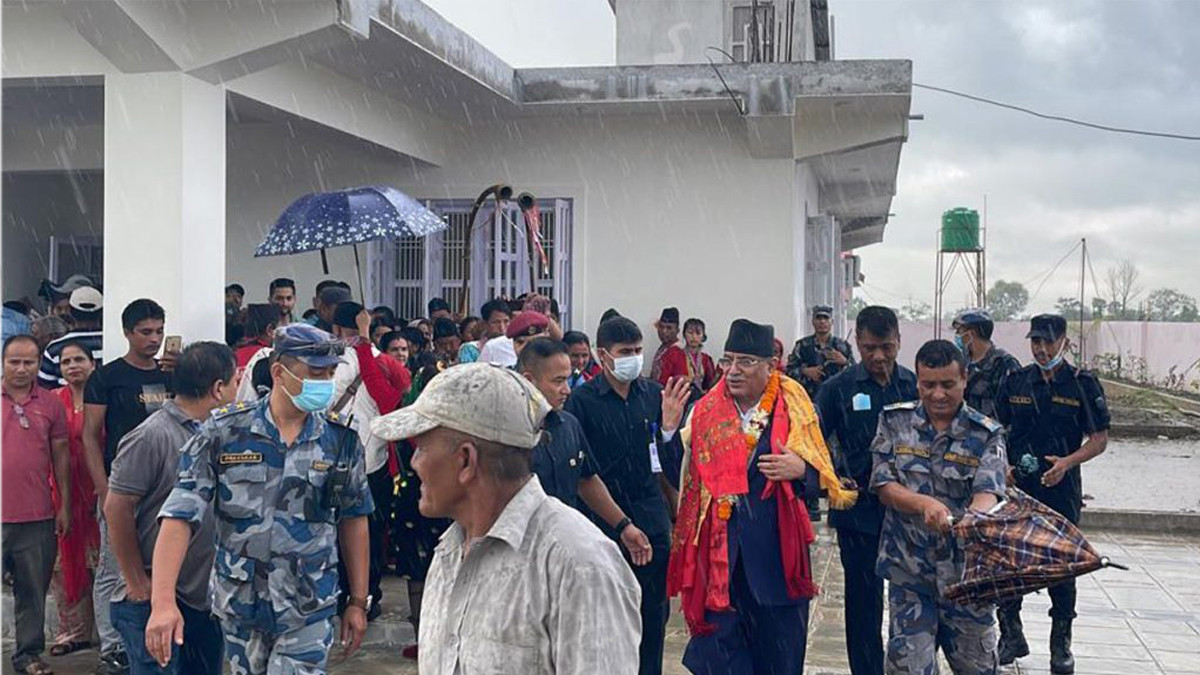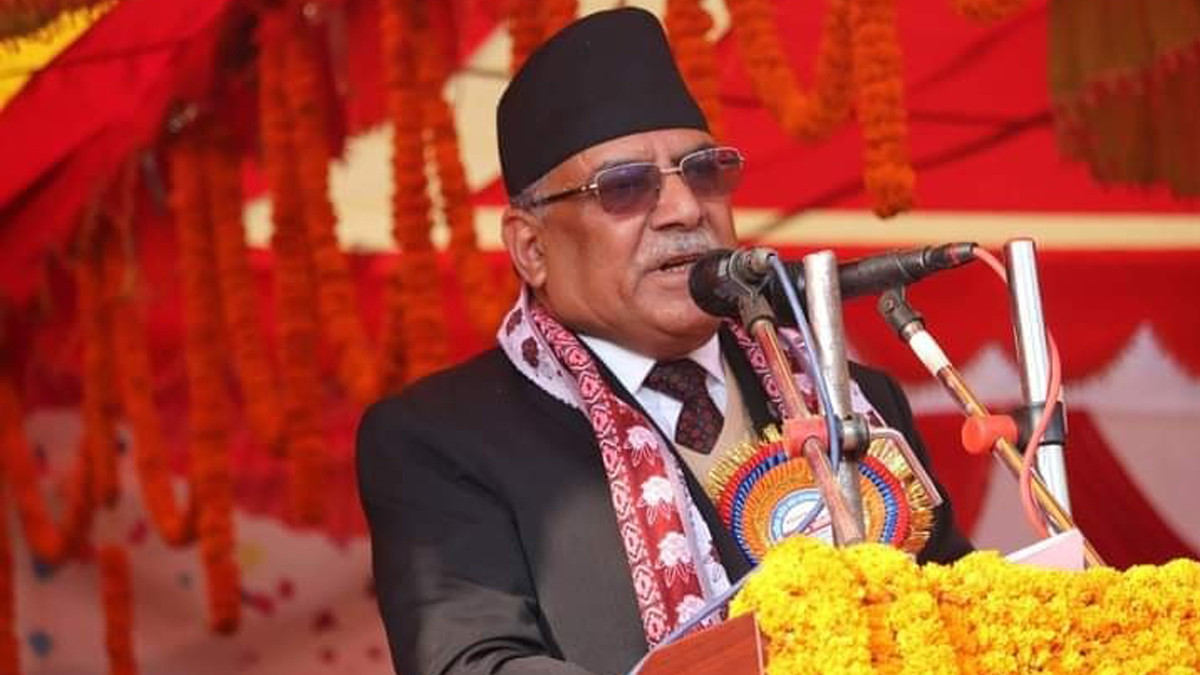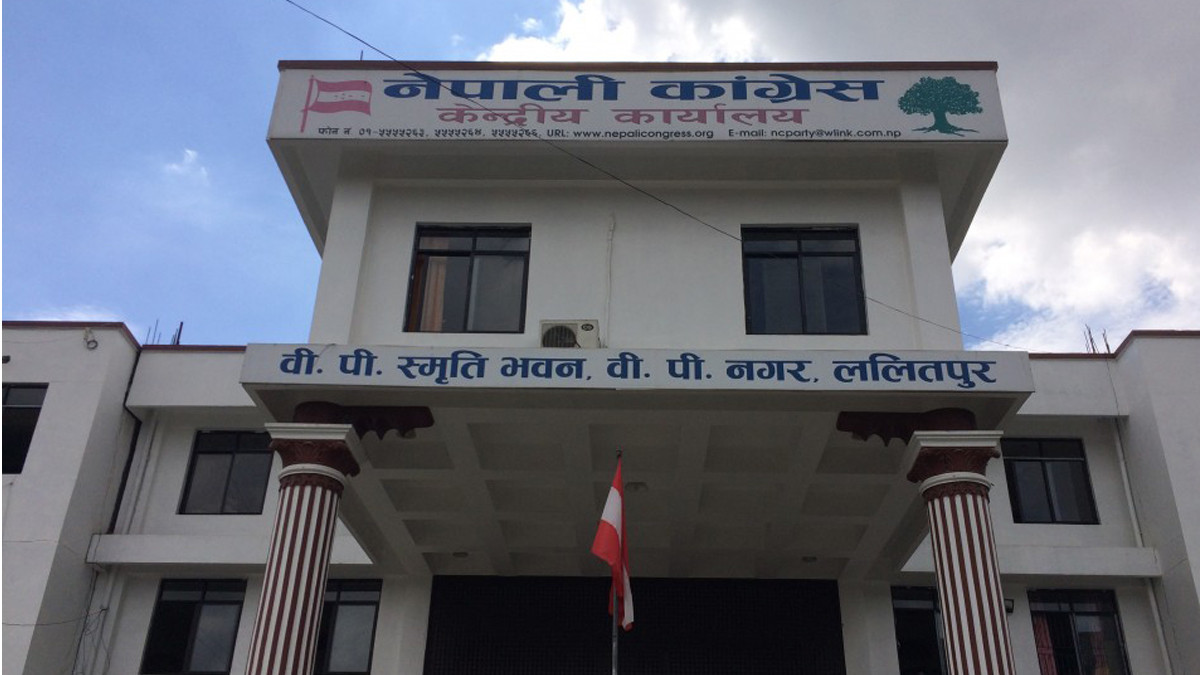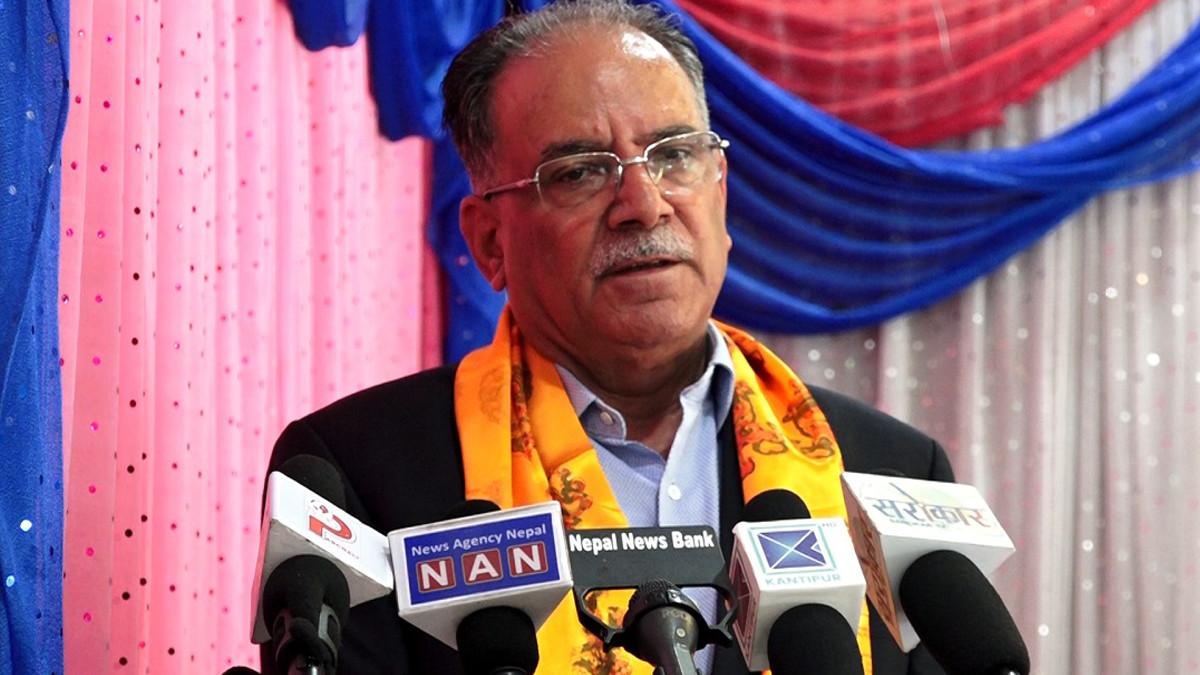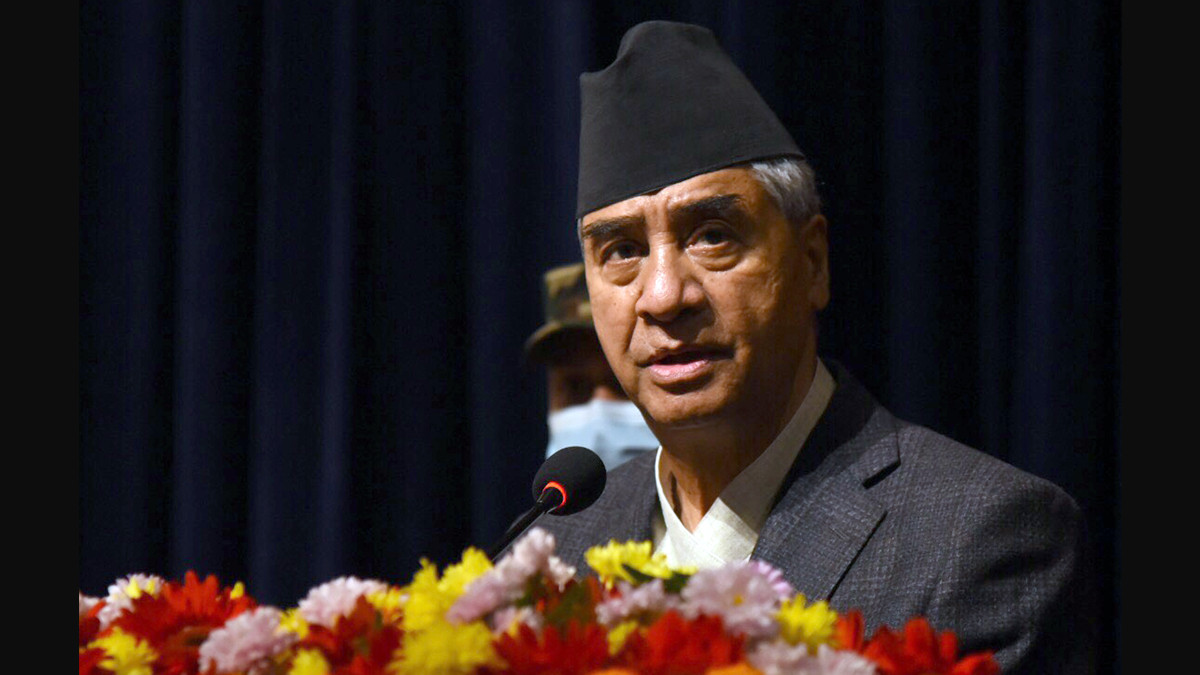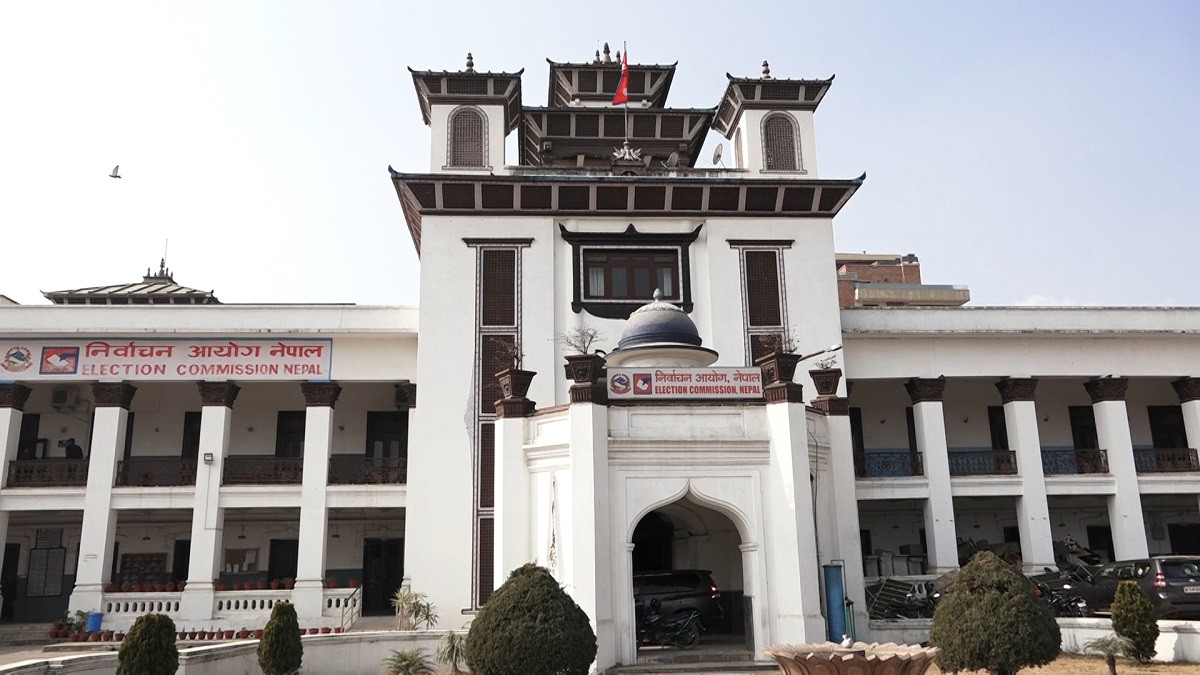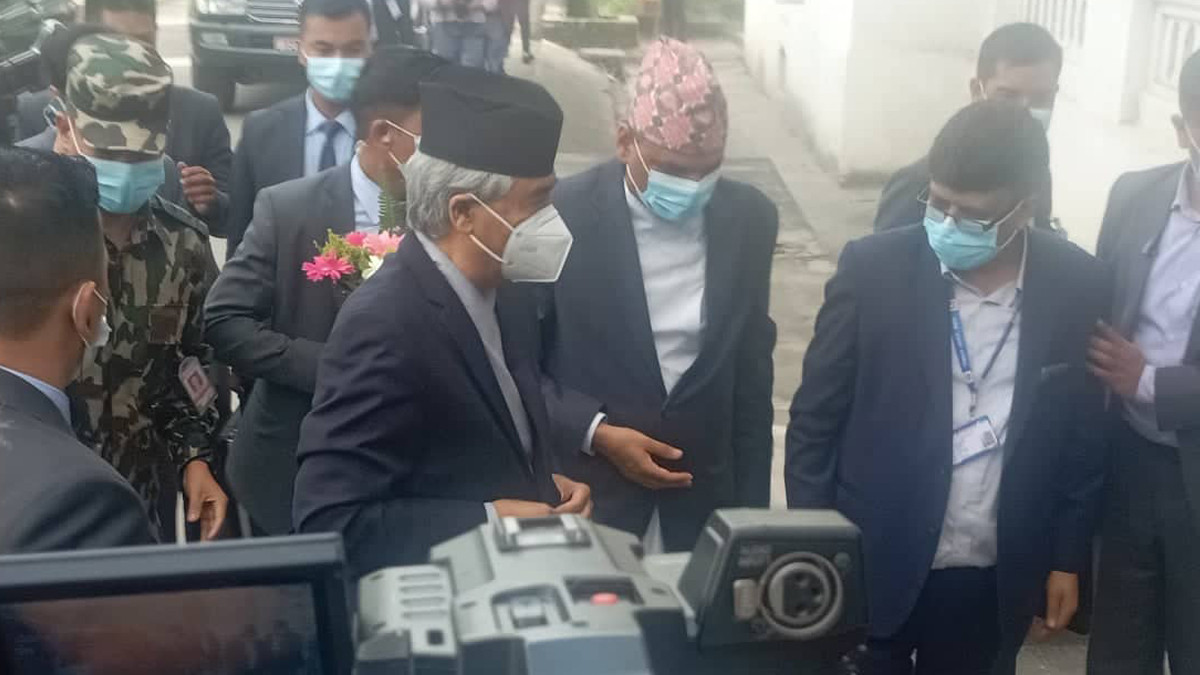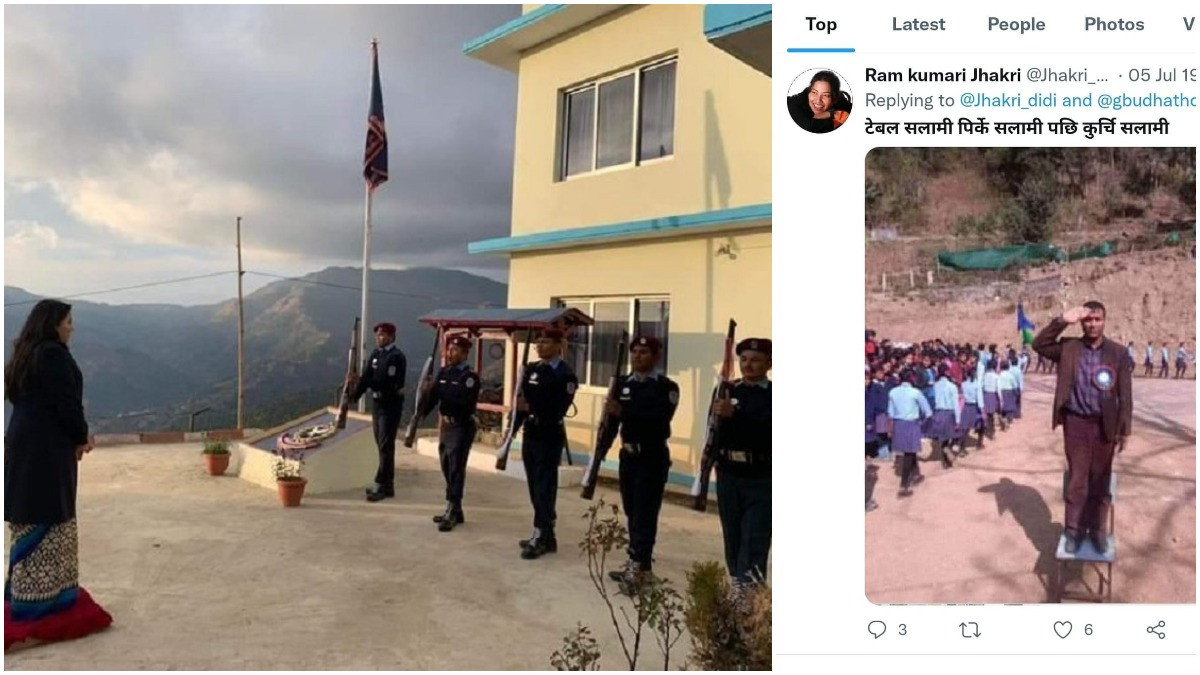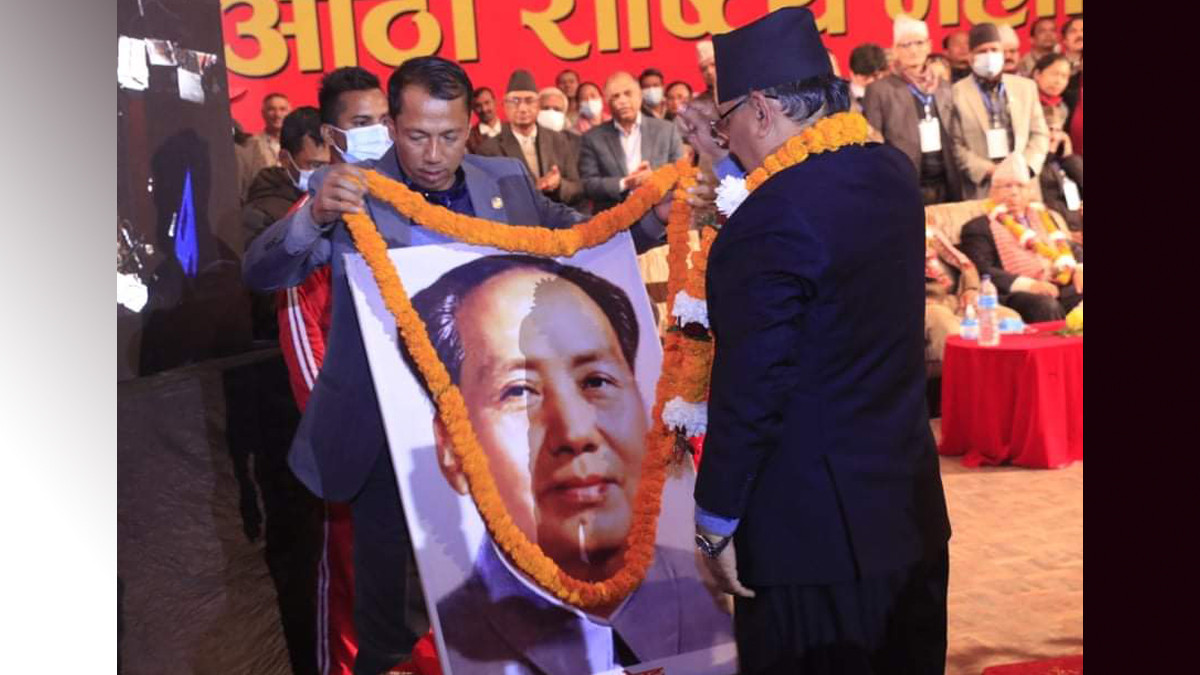
Leaders and cadres present at the inaugural session of the 8th National General Convention of the CPN (Maoist Center) and top leaders of other parties have searched for the real identity (brand) of the Maoists.
The brand is being sought at the national level at a time when the founders and founders of the Federal Democratic Republic, secularism, inclusive, proportional representation and the founding Maoists have been in turmoil in recent years.
From the Constituent Assembly, the constitution was the agenda of the Maoists, and it was fulfilled. The Nepali people got the opportunity to draft the constitution through the Constituent Assembly. The peace process in Nepal has been completed in a fundamental way. There is still some work to be done. The Maoists have the responsibility to complete it as soon as possible, but it is too late. Attending the inaugural session, Prime Minister and Nepali Congress President Sher Bahadur Deuba to Upendra Yadav highly praised the role of the Maoists and drew the attention of the Maoist leadership to be more active in favor of the people and the country.
CP Gajural, a comrade-in-arms of the People's War, again pointed out the need for unity among the Maoists with certain conditions. CPN (UML) General Secretary Shankar Pokharel said that the reasons behind the failure to maintain unity despite the formation of the CPN (Maoist) should be explored.
The General Secretary of the CPN (ML) not only reminded of the people's war-era agenda, but also suggested that the Maoist leadership should find out where the target was missed. On the whole, all the leaders had the same sentiment.
In the inaugural session of the National Convention, the fact that the people's war-era Maoists are centered around Pushpa Kamal Dahal 'Prachanda', despite being caught in a cycle of fragmentation and division, became clear. Although 17 leaders left the party during the People's War and nine high-ranking leaders were martyred, the hopes of the martyrs, missing families and wounded warriors are still with the Maoists.
Although the Maoists seem to be strong in terms of agenda, at the level of implementation, the Maoists have not been able to lead as they said. However, the Maoists are at the forefront of Nepal's role in political change. It is in the leadership.
In this context, Prime Minister Sher Bahadur Deuba reminded the historical fact that the constitution was drafted by the Constituent Assembly on the strength of UCPN (M) Central Chairman Prachanda. The Prime Minister said, “Prachandaji has made a great contribution to Nepal's politics. We have gone to the Constituent Assembly by his strength. The Congress has talked about making a constitution from the Constituent Assembly in 2007. The election of the Constituent Assembly was held due to the stand taken by Prachanda in the last phase. ”
Maoist leaders Narayan Kaji Shrestha and Matrika Prasad Yadav also expressed concern over the party. They presented a "prescription" on how to reform the Maoists. Stating that the Maoists were not organized just to complete the organizational work, Shrestha informed the inaugural session about the five different tasks that the Maoists have to do.
Another leader, Yadav, said that the revolutionary leadership should not give up just because someone is giving up and that the generational transfer of leadership belongs to the bourgeoisie. Leader Yadav said, "The current generational transition is a matter for the capitalists. The old man had to leave and give the new one. The established leader will be sidelined and the one who does not know anything will be made the leader. ” Concerned about the party and the revolution, Yadav further said, "Face and age alone do not lead."
CPN (Revolutionary Maoist) leader CP Gajural also suggested remembering the identity of the Maoists. He especially suggested Prachanda to remember the commitment made by the Central Committee of when starting the People's War. He said that there would be reunification with the Maoists after clarifying the issues of nationality and livelihood.
Chairman of the Janata Samajwadi Party Upendra Yadav recalled the days of the People's War and said that republic and federalism had been established on the strength of the Maoist People's War and Madhes People's Uprising.
Democratic Socialist Party leader Anil Jha also sought out the values and beliefs of the Maoists. He said that the Maoists would be successful if the constitution was completed.
He also questioned the Maoist leadership about the fundamental path of the Nepali National People's Revolution. After hearing the views of all the leaders, UCPN (M) Chairman Prachanda also expressed his determination to take stock of the party's failure to maintain unity and weaken the UCPN (M) movement. Saying that the Maoists had deteriorated due to my own reasons and not for any other reason, Chairman Prachanda admitted that he would start correcting them on his own.
Maoist Standing Committee Member Pampha Bhusal also said that the main objective of the party's eighth general convention was to lay the groundwork for building a socialist-oriented society. With the leaders inside and outside the party seeking the identity of the Maoists, interest and curiosity has been aroused as to what form the Maoists will present at the General Convention.
In the words of UCPN (M) Chairman Prachanda, the 8th General Convention will decide to make a revolutionary Maoist with reforms. At this time, the general public is interested in how the Maoists will address the trust of the country and the people. Whether the convention will end in a ritualistic manner or something new like the Maoists will come will be clear by December 31.

